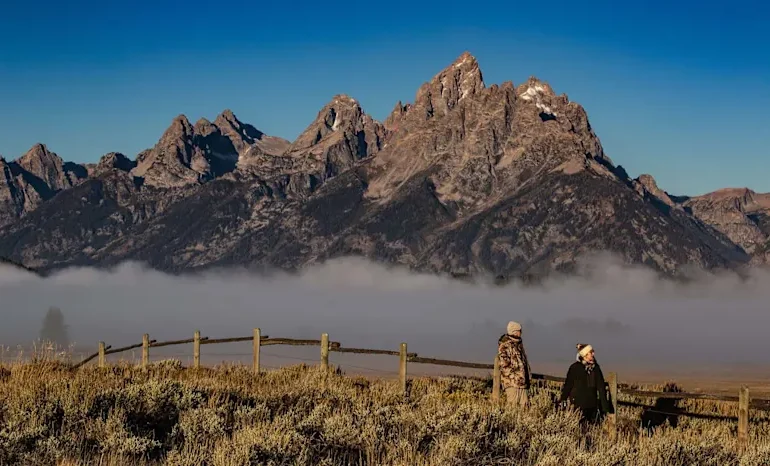For decades, Delaware was the no-brainer choice for entrepreneurs looking to form an LLC. But now? The Cowboy State is stealing the show, Inc.com reports.
As of July, Wyoming is home to more than 1.2 million companies—an eye-popping number considering the state has fewer than 600,000 residents. And no, it’s not that every Wyomingite is juggling two or three businesses. Instead, founders from across the country are flocking west to set up their companies on paper.
Wyoming officially overtook Delaware in per-capita incorporations in 2023, according to OpenCorporates. The shift has been years in the making but reached a tipping point last year when new business filings jumped 42 percent—the biggest leap yet.
So, what’s driving the stampede?
Entrepreneurs like Leena Chitnis, founder of Timberdog pet beds, point to a laundry list of perks: no state income tax, strong privacy rules, solid asset protection, and fees that don’t break the bank.
“Feature for feature, Wyoming had everything that Delaware and Nevada had, plus more,” Chitnis said. She’s also a fan of how easy it is to reach a real human in the secretary of state’s office. “It’s very pleasant to do business there.”
Wyoming also has history on its side. It was the first state to greenlight LLCs back in 1977. Lawmakers doubled down with the Wyoming LLC Act of 2010, making the state even friendlier to small businesses. Today, Wyoming doesn’t require public disclosure of LLC members, making it one of the most private incorporation hubs in the US.
Nearly 50,000 new entities popped up in 2023 alone, generating close to $5 million in fees for Wyoming. The state charges $100 to file and at least $60 annually to maintain an LLC—much lower than Delaware or Nevada. With hundreds of thousands of companies now on the books, recurring revenue could climb into the tens of millions.
Secretary of State Chuck Gray says the trend shows no sign of slowing:
“We continue to see increases in businesses seeking to incorporate here, especially in our core industries of oil and gas, agriculture, and minerals.”
Not everyone’s convinced that this boom in filings is moving the needle for Wyoming’s economy.
“It’s not translating one-for-one in terms of the impact on gross domestic product and job creation,” says Alexander Specht, associate director of the University of Wyoming’s Center for Business and Economic Analysis.
In other words: companies may be registering in Wyoming, but they aren’t necessarily moving their offices—or jobs—there.
The surge has also brought some headaches. Local residents have complained about shady LLCs using their addresses without permission, while a single name appears to be signing off on thousands of new registrations. One address in Sheridan (pop. <20,000) was listed as the place of business for roughly 120,000 LLCs.
Gray’s office has responded with tougher audits of registered agents, rules to dissolve fraudulent companies, and even new laws allowing the state to block entities tied to foreign adversaries.
Despite the growing pains, business owners like Chitnis say Wyoming is still a dream to work with. She’s even thought about relocating from the West Coast:
“Who wouldn’t love to work in an office with mountains as a backdrop?”










The latest news in your social feeds
Subscribe to our social media platforms to stay tuned